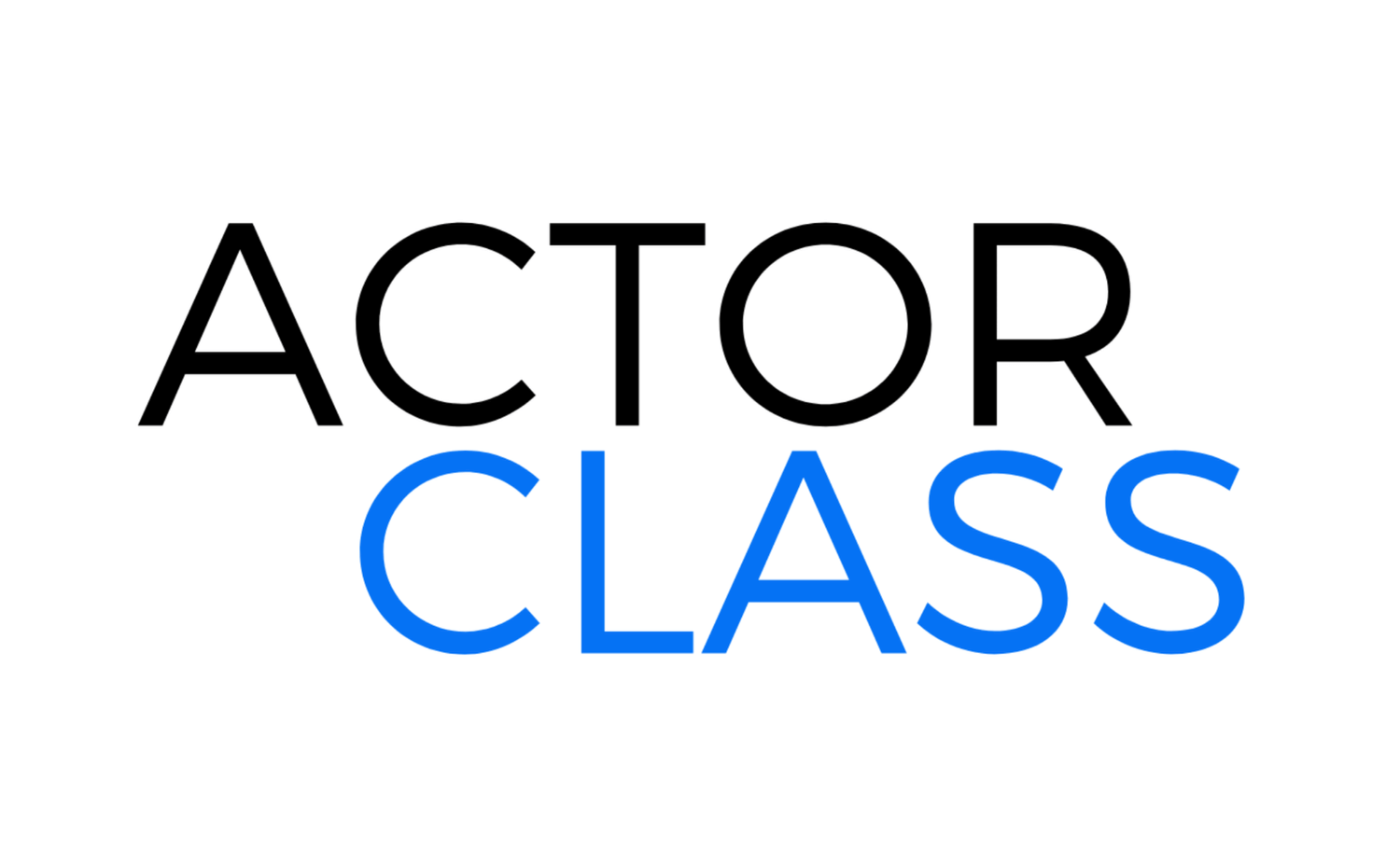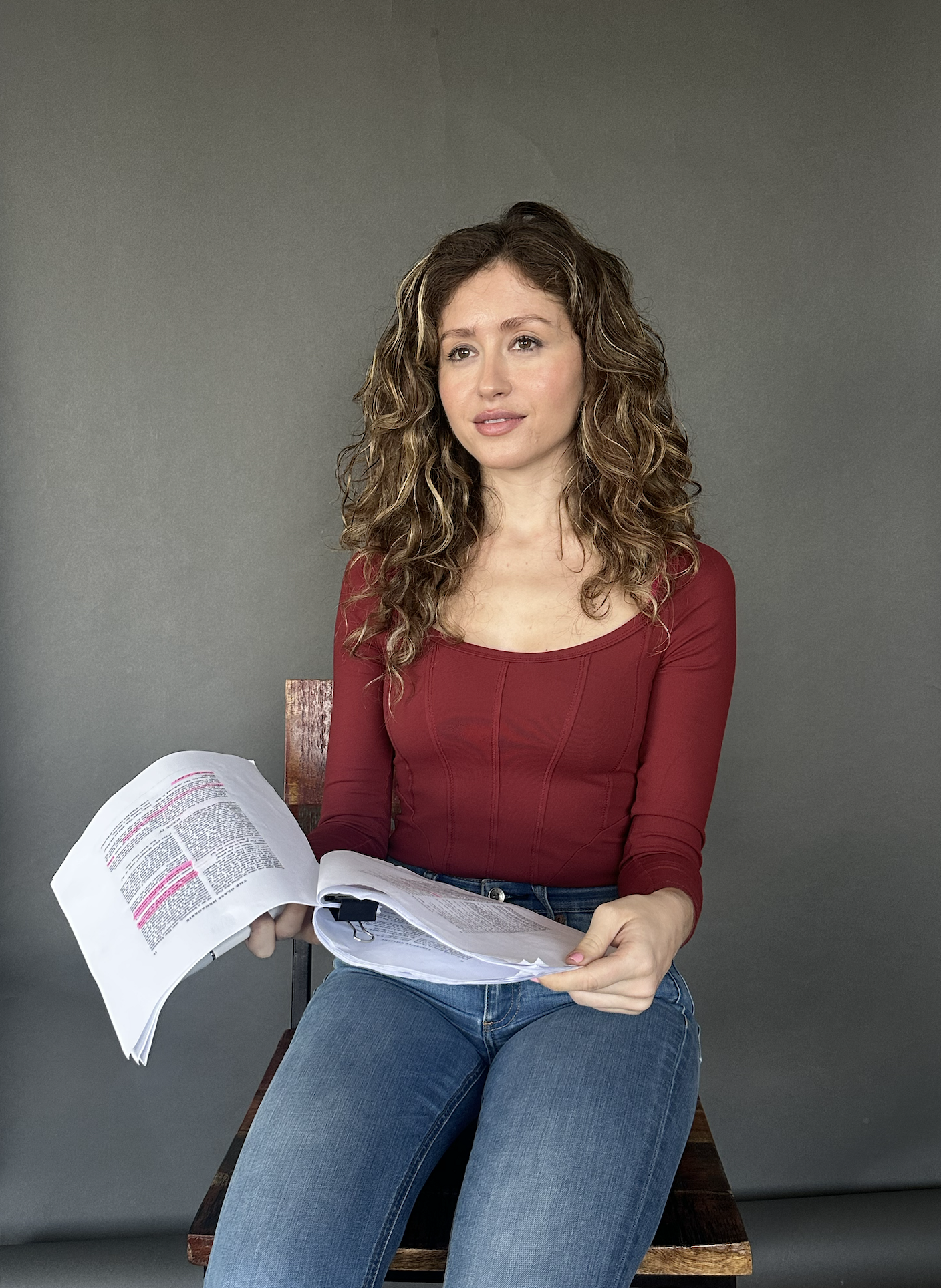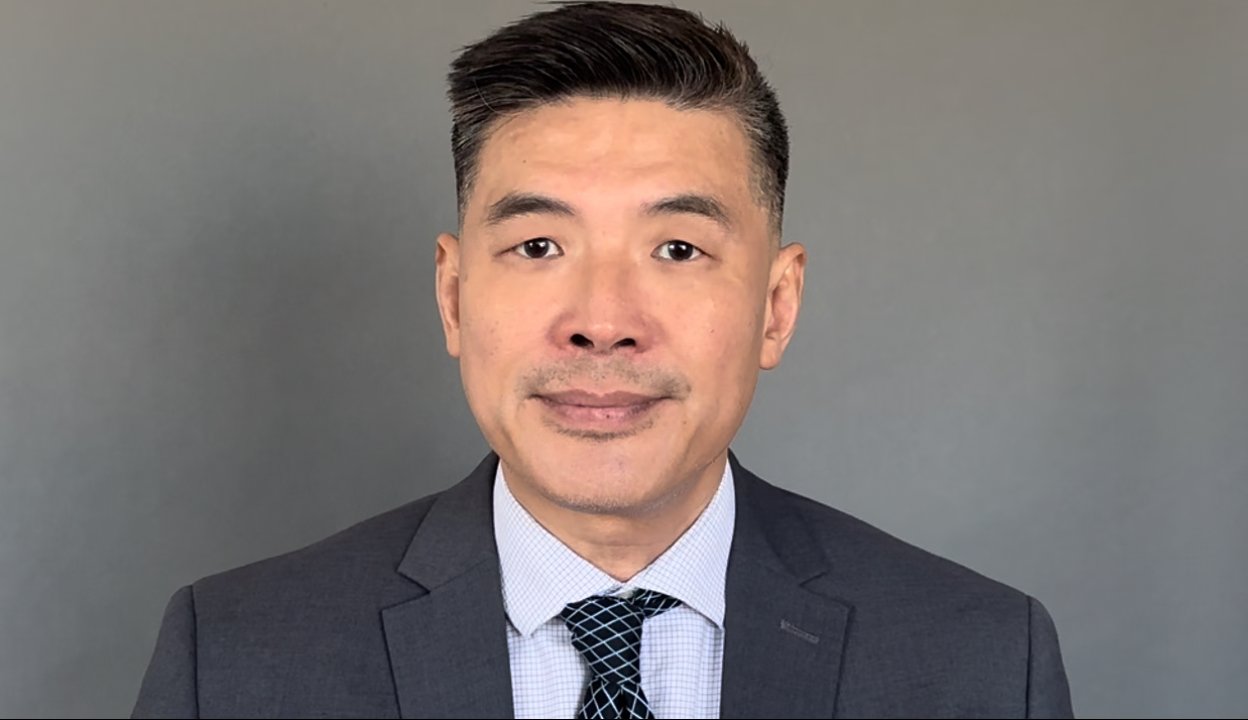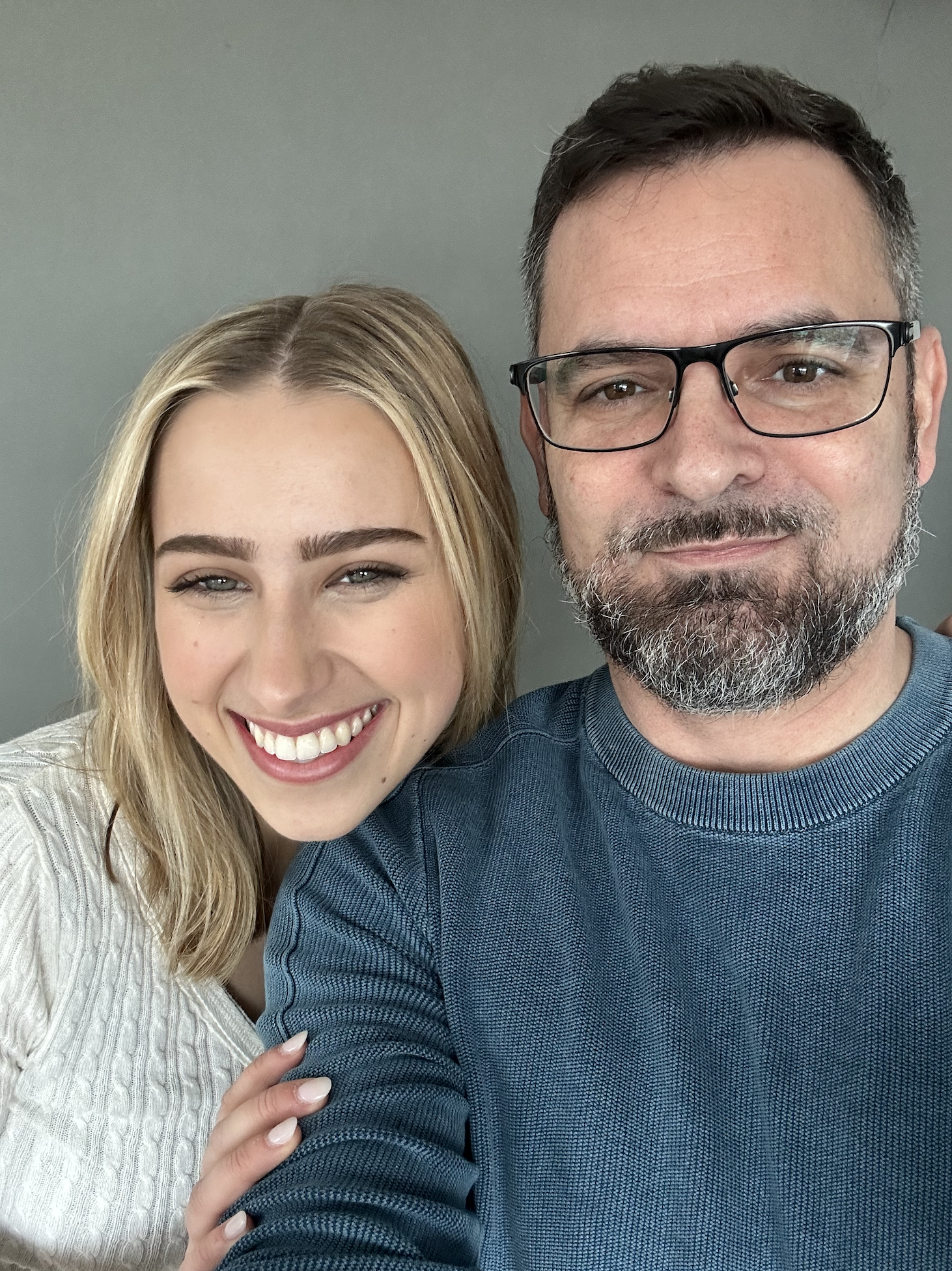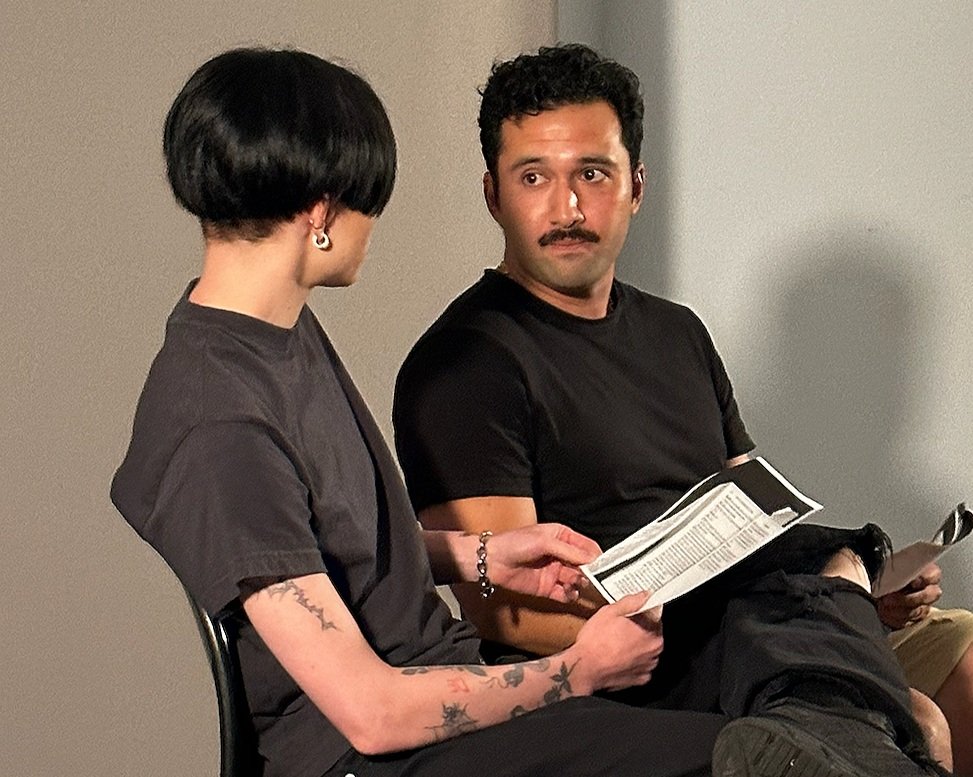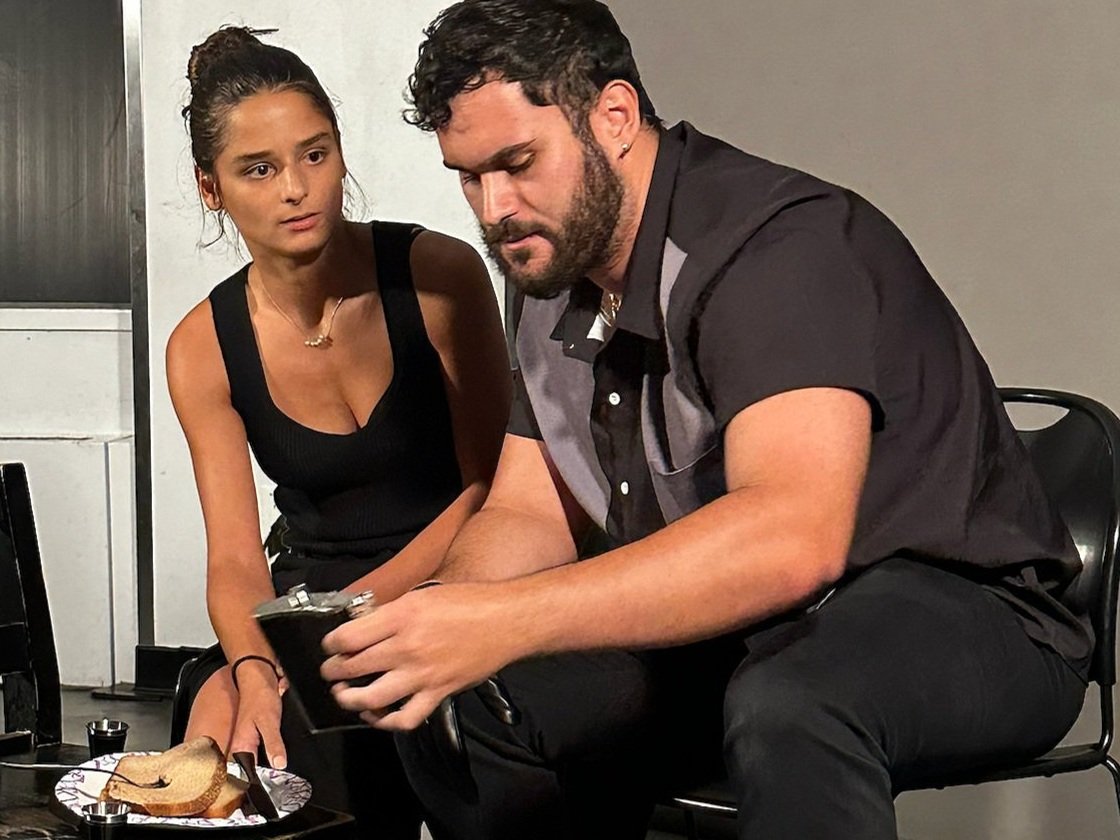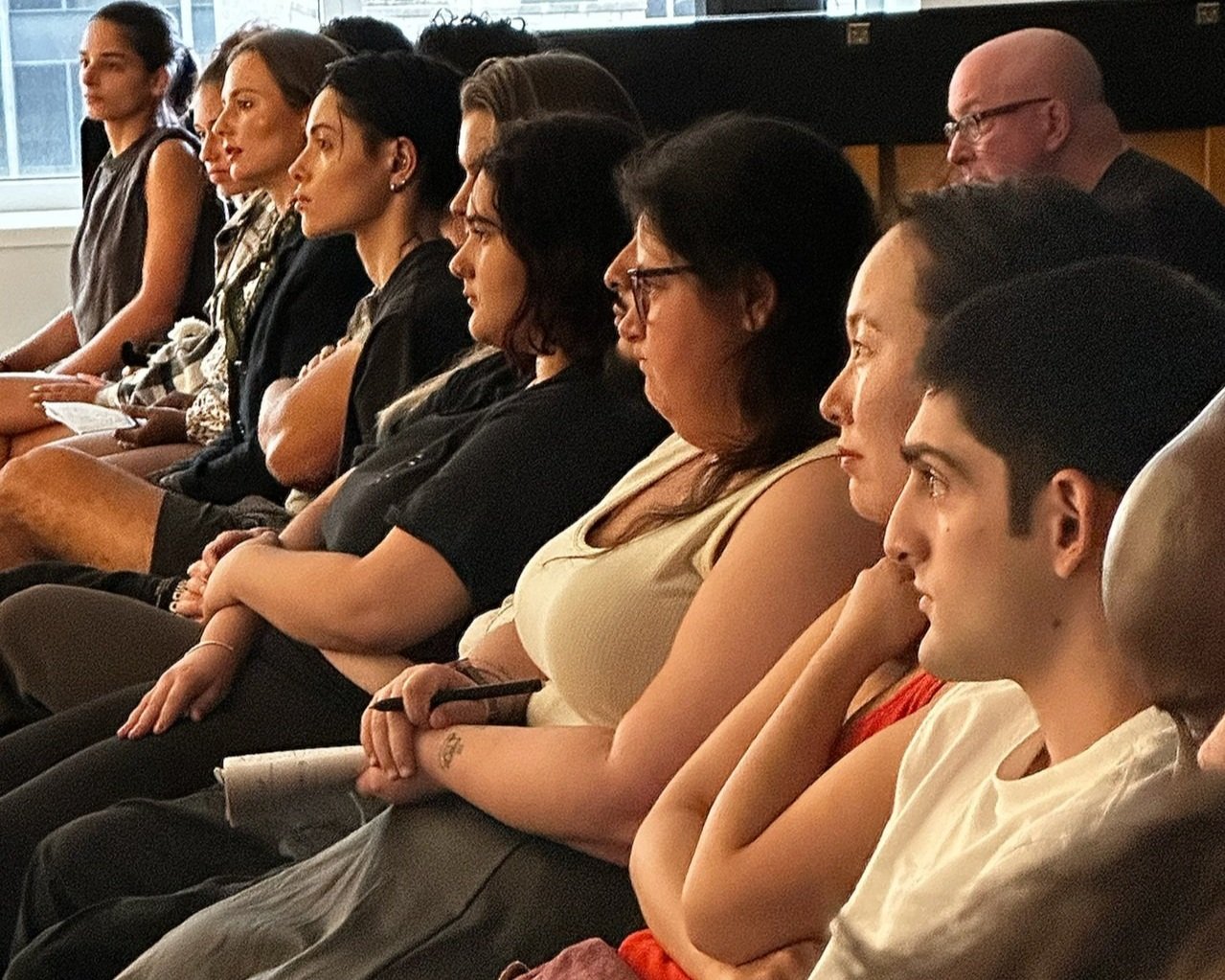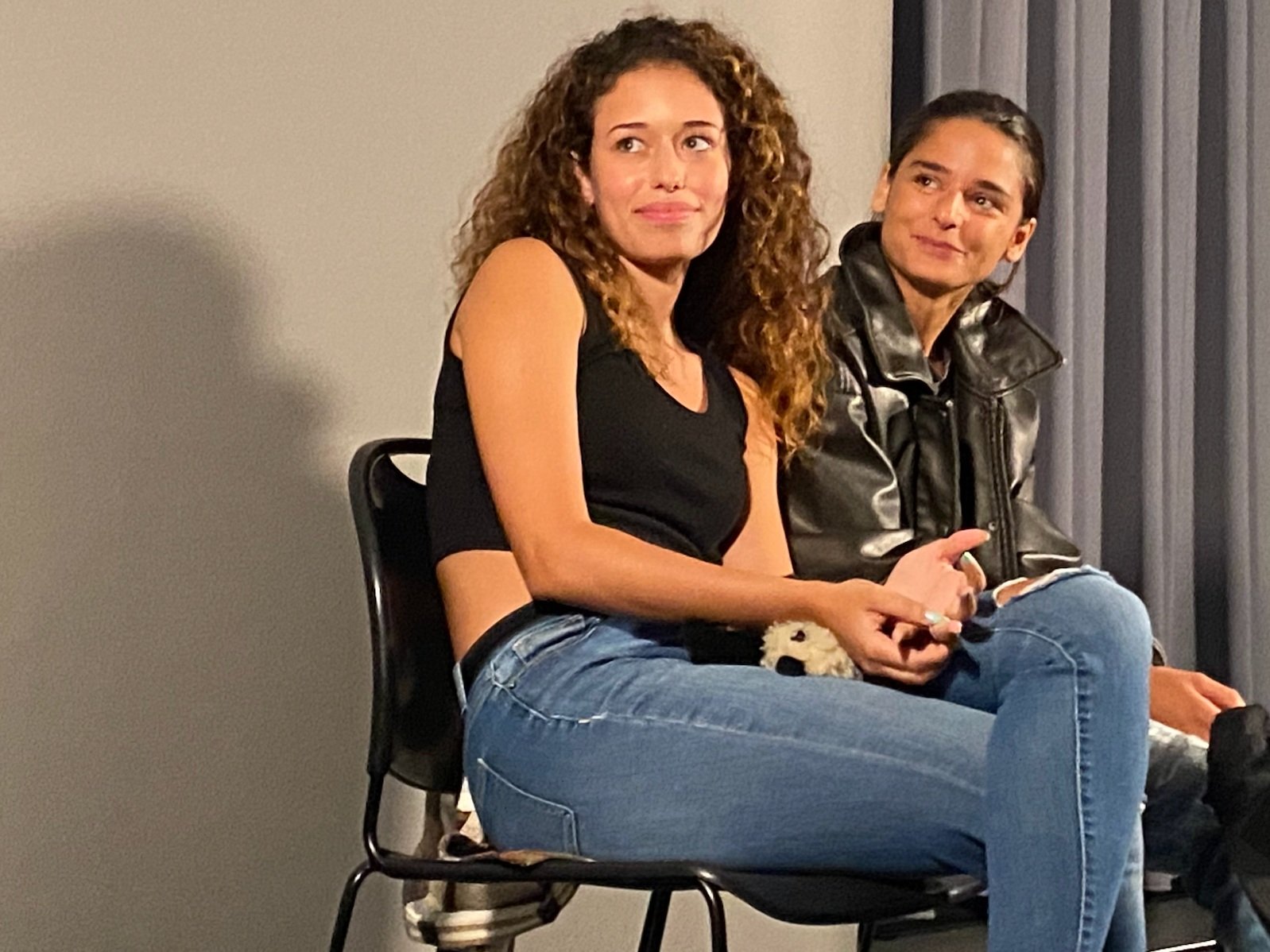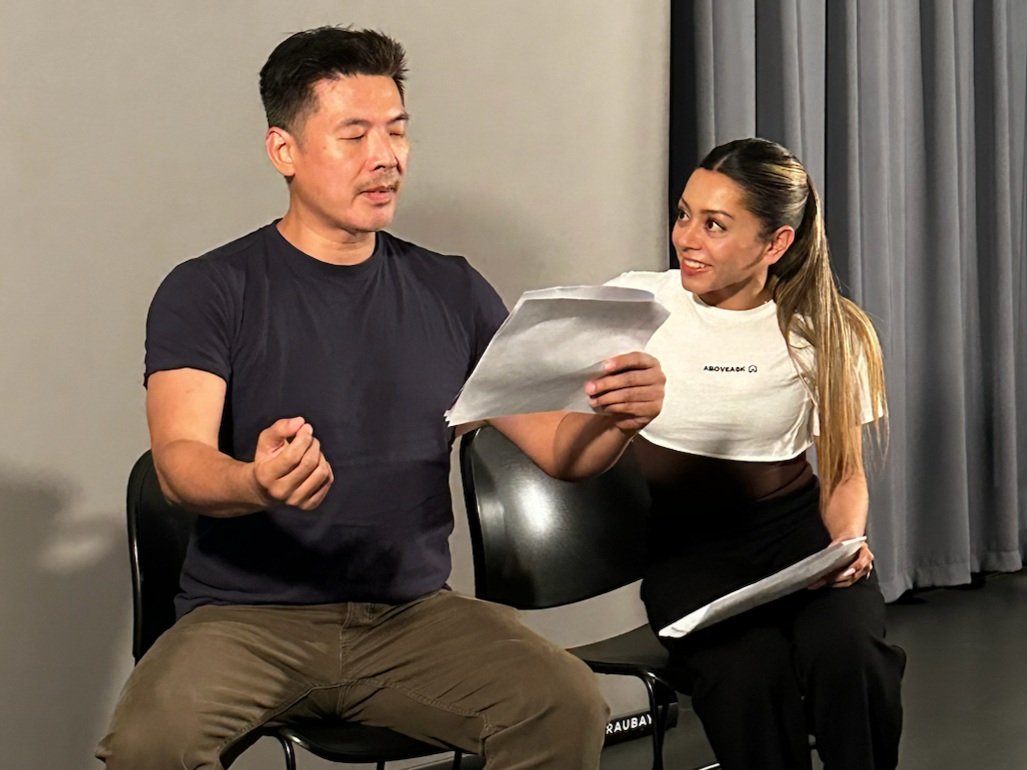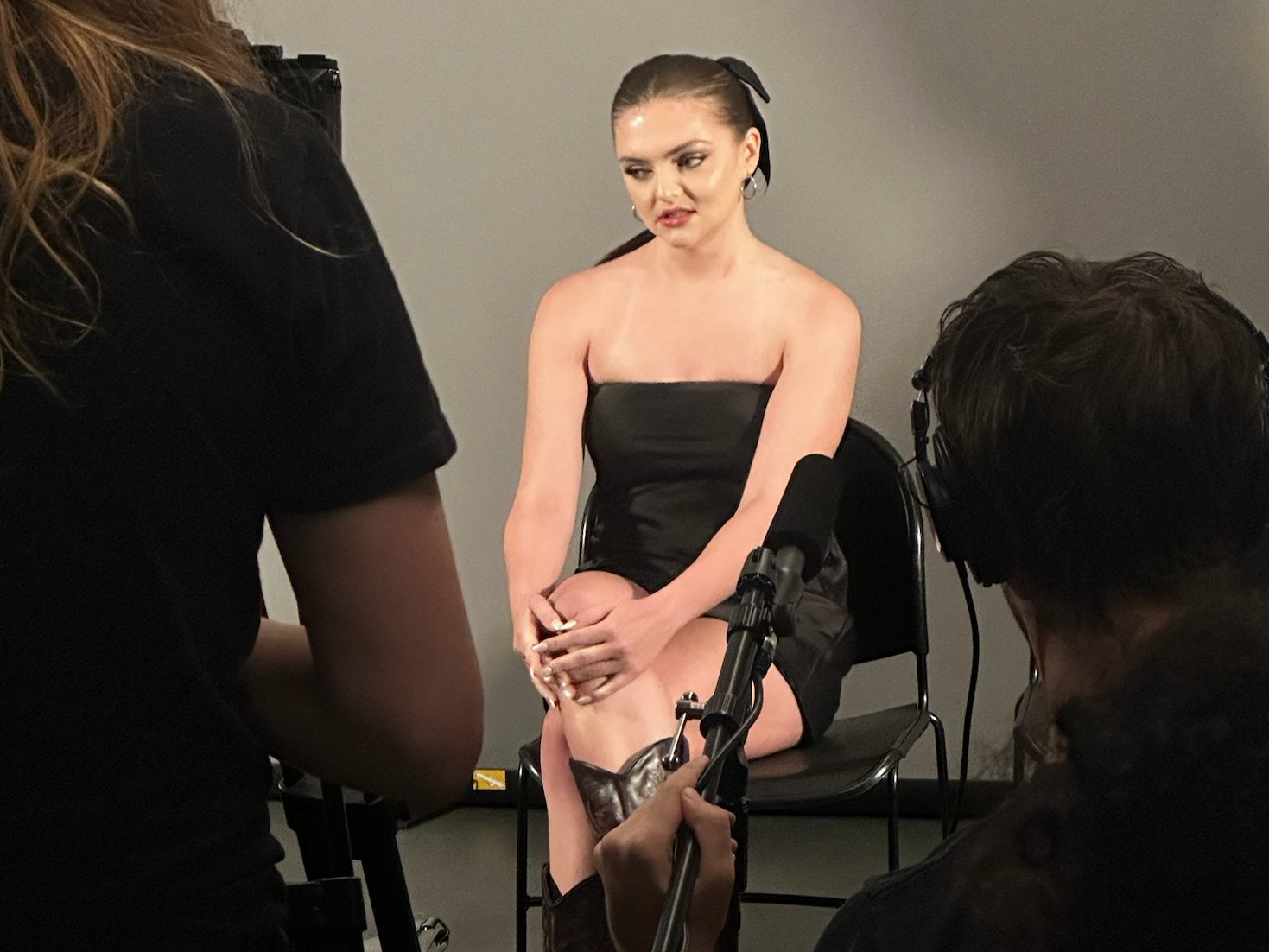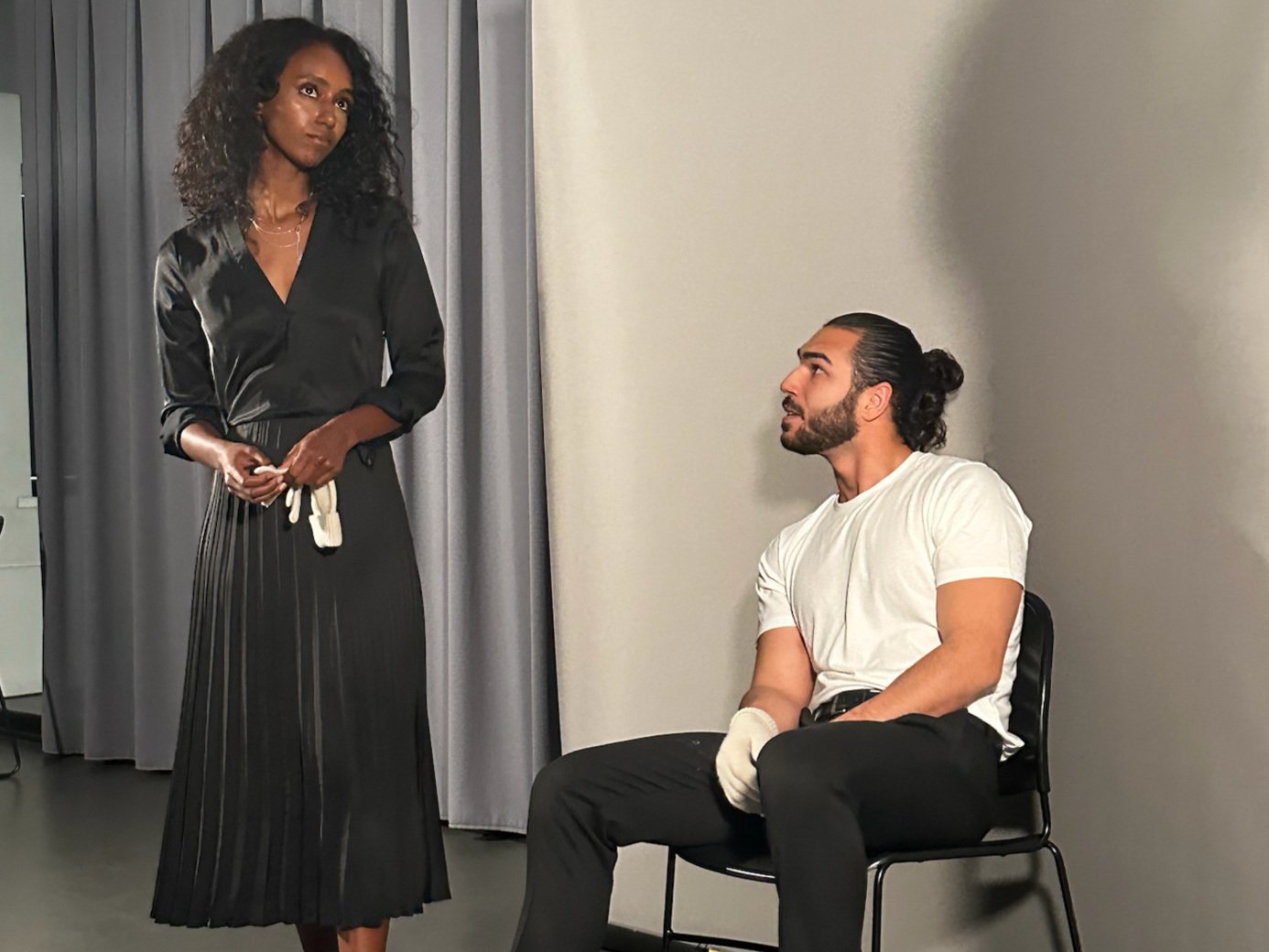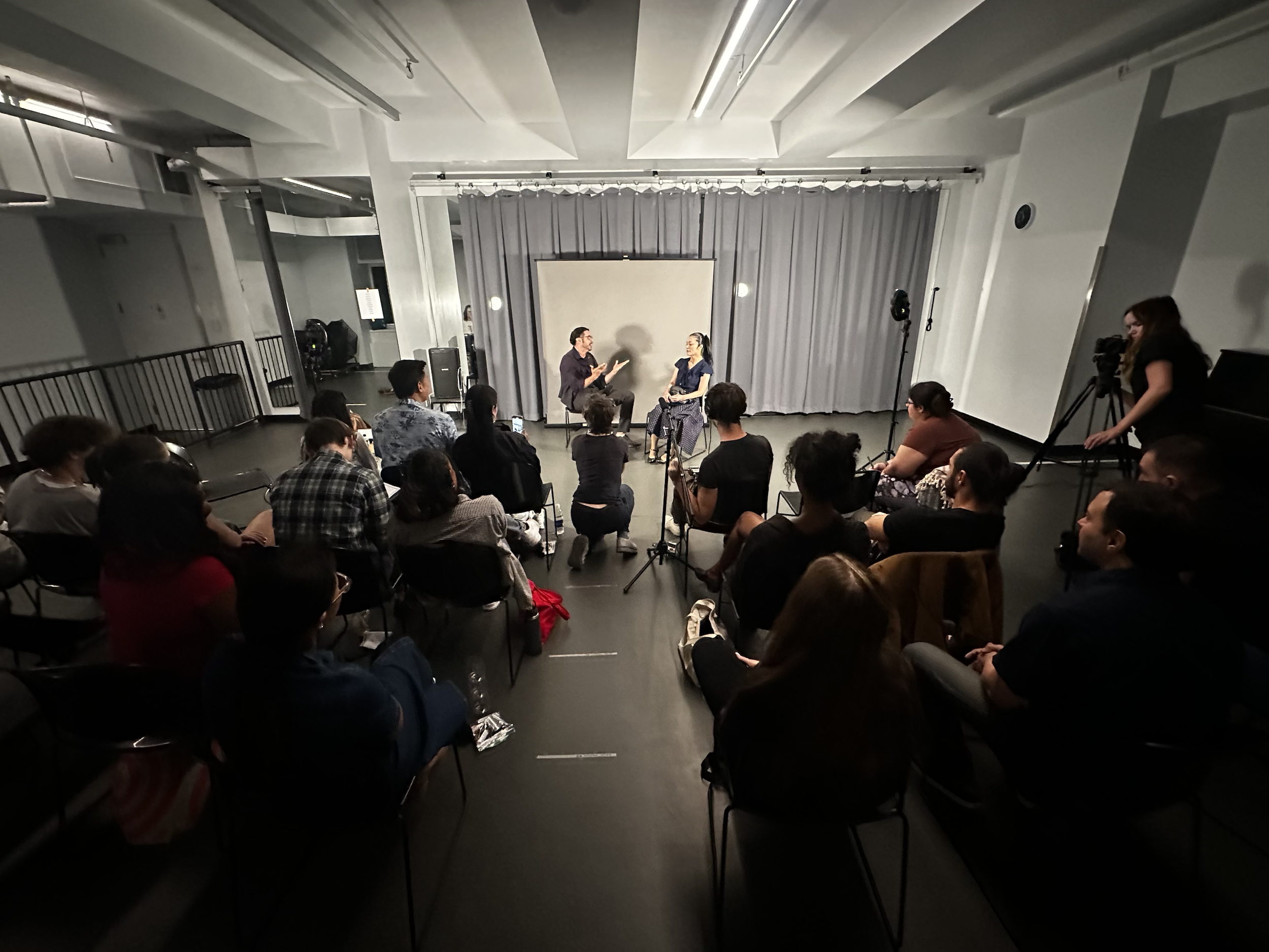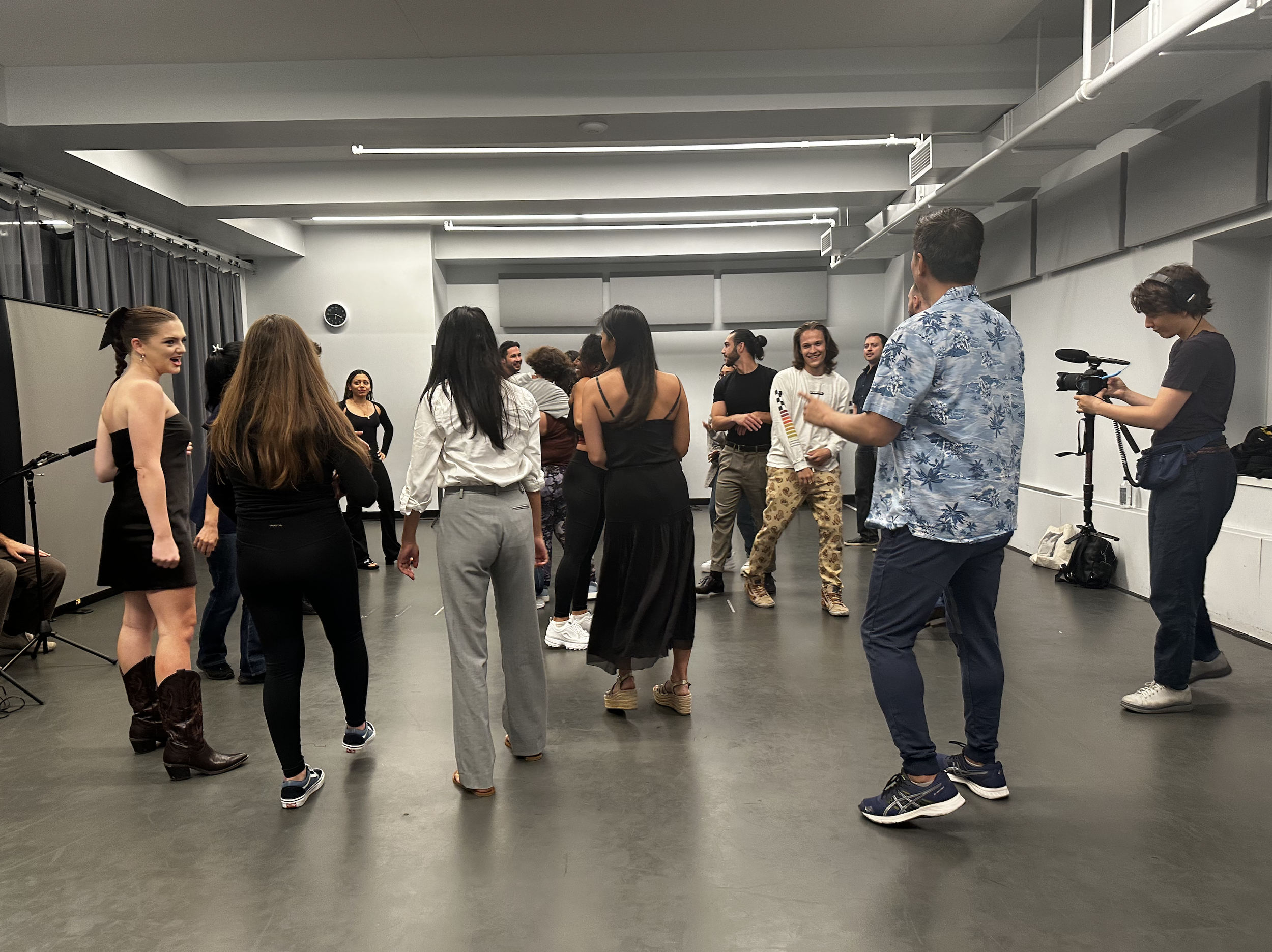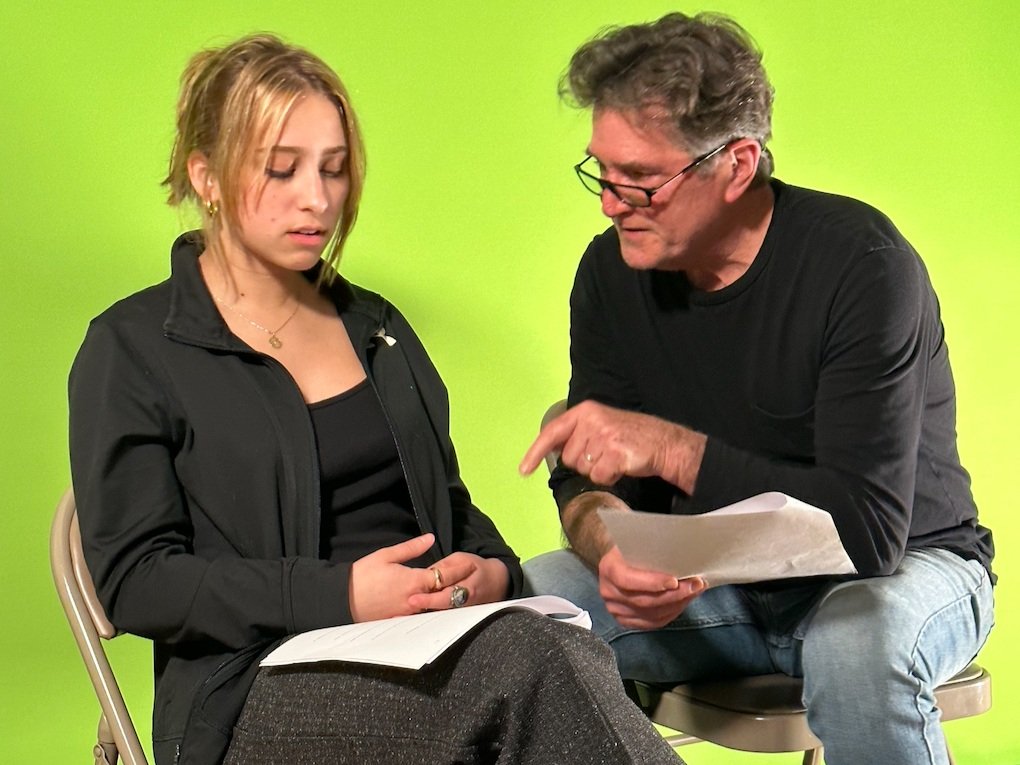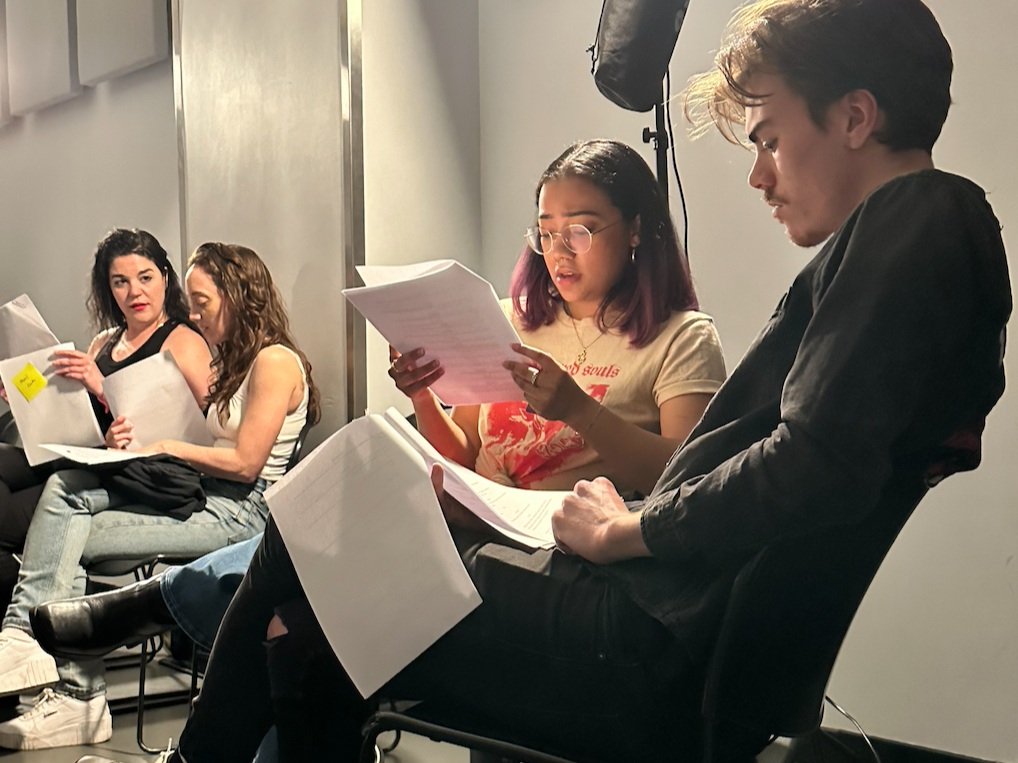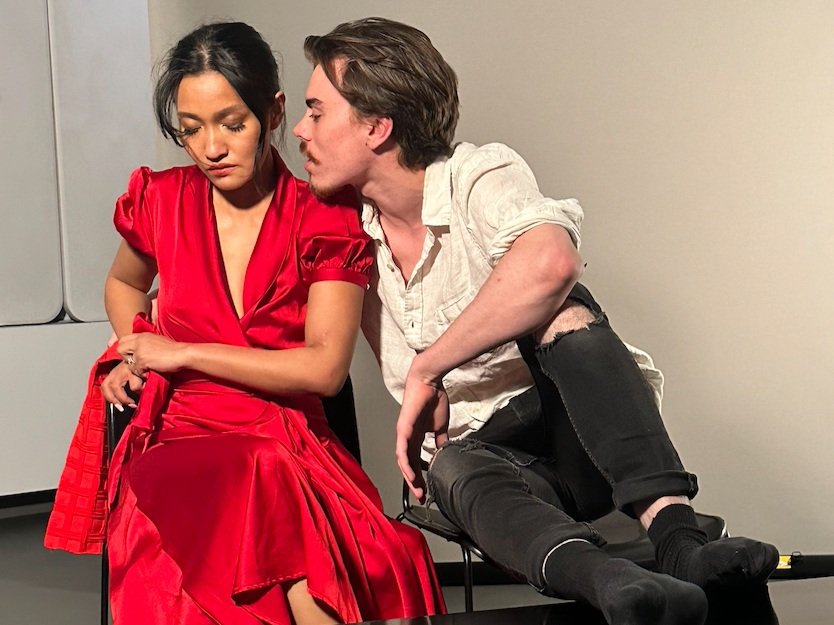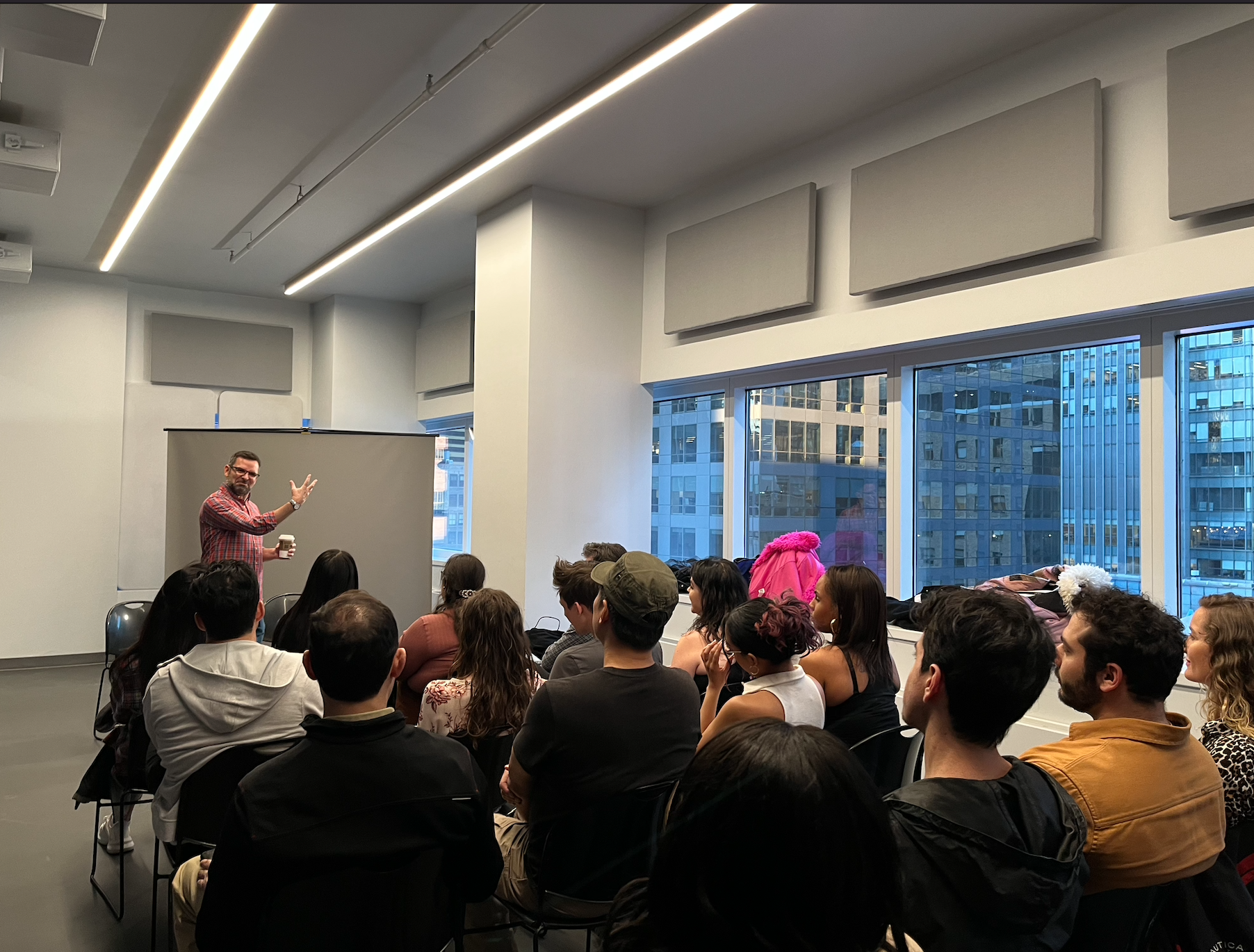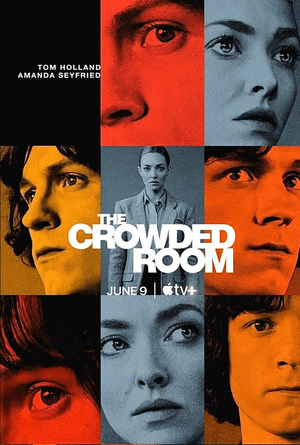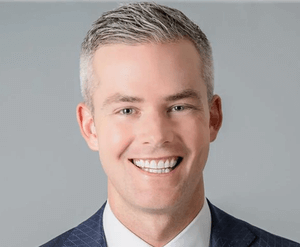Acting Lessons Queens
Work one-on-one, either in-person or online, with the founder and master teacher of ActorClass on your auditions, monologues, cold-copy, or any content in need of professional guidance. Reap the knowledge of secret tricks, fast solutions and award-winning directing for one or two hour sessions.
Whether you have a last minute callback and need quick answers, or need help developing a role you’ve already landed, or you are simply more comfortable working in an environment that doesn’t have a room full of people watching, private sessions with our professional staff are invaluable to an actor’s growth
Want to learn more about us? Check out one of these links below:
IS IT TOO LATE TO BECOME AN ACTOR? / WHAT'S THE BEST ACTING STUDIO?
FREE AUDIT / TESTIMONIALS / OUR PHILOSOPHY
WELCOME TO ACTORCLASS QUEENS
Since 2001, ActorClass serves as a safe oasis where serious performers from beginner to professional, hone the art of acting. Our straight-forward and experienced approach cuts through the jargon most studios refuse to let go of and instead, provides the common sense tools and straight-forward answers that lead students to professional work in film, television and theater.
Whether a beginner looking for an alternative to overpriced studios, or a professional looking for a new angle, we meet at your level and build from there. Every actor has issues they need to work through, and it is our mission to help students locate and sand those issues down, while building up their confidence, nuance, and creative strength.
WHAT MAKES US DIFFERENT?
Hopefully… everything. Through unmatched professional experience in acting, directing, writing and producing, we have concise answers that will show you a comprehensive vision of what acting is and how to become excellent at it. We will convey, in tangible terms, the connection between actor, character, director and script, ultimately guiding you toward a larger understanding of the real process of acting. Being a great performer is about learning to break-down a script. It’s about learning to work closely and intimately with other artists from all levels and walks of life. It’s about acquiring the necessary skillset in order to give a director exactly what they want the moment they call “action.”
At our studio, there are no gimmicks, games, fancy words or phony showcases meant to toy with your aspirations. There is no graduation giving you a false sense of accomplishment. We don’t courtesy clap for scenes that aren’t good. We don’t hold imaginary coffee cups, have sense memories, or conduct repetition exercises. We’re not focused on an approach to acting, but rather… acting itself.
Like a gym, our studio has become a creative home for long-term actors spanning decades, and we encourage students new and old to train at a rate that works for them. We trust that you’ll be so inspired by the common-sense way our studio functions, that you’ll want to return to lift the creative weights. By the sheer amount of students who land professional work while studying with us, our studio has become one of the most respected and fastest growing training grounds and was named, “#1 Acting Studio in QUEENS” by Distinguished Teaching 2023.
There’s a difference between a beginner looking to grow over time to become a working actor, and an amateur looking to play theater games. We are not interested in working with those who mistake a professional acting studio for a college course. We work on cutting-edge material from feature film, television and theater, that demands the utmost level of seriousness and professionalism. Will you have fun? Of course. Can you be a beginner? Yes! But that fun is reserved for students who work hard, who want to be challenged, and who hold themselves to the highest standard of excellence.
“The real deal, there is no other choice”
Tim Rogan
Maestro NETFLIX
Flight Attendant HBO
Shades of Blue NBC
“A powerhouse of industry knowledge"
Sam Vartholomeos
The Crowded Room APPLE TV
Bridge & Tunnel EPIX
“I struck gold finding this class”
Nicole Tio
Sister of the Groom
SABAN FILMS
“The Best acting training in the country”
Ryan Serhant
While We’re Young
MDLNY, BRAVO
“If you want to work, get in touch with ActorClass now”
Mark Tallman
Single Ladies VH1
First Wives Club BET
“The best training an actor deserves”
Kendall Segovia
Best Actress, nominee
BROADWAYWORLD
Want to learn more about us? Check out one of these links below:
IS IT TOO LATE TO BECOME AN ACTOR? / WHAT'S THE BEST ACTING STUDIO?
FREE AUDIT / TESTIMONIALS / CURRICULUM / ENROLLMENT / OUR PHILOSOPHY
Key Acting Terms for Beginners: Navigating On-Stage and On-Screen Performances in Queens Acting Classes
As a beginner in the world of acting, you will quickly discover that there is a vast array of specific terms and vocabulary that actors use during on-stage and on-screen performances. Understanding these essential acting terms is imperative to communicate effectively with directors, fellow actors, and crew members, and to master the craft of performing. Here are some key acting terms that every beginner should familiarize themselves with.
Scripting Lessons at Queens Acting Schools
The script is the written document that provides the dialogue, character descriptions, and stage directions for a play or film. It serves as the blueprint that all actors must follow to bring the story to life.
Stage Directions: A Guide to Acting Workshops in Queens
Stage directions are instructions given in the script or by a director that indicate where an actor should move on stage or how they should deliver a particular line. They often involve technical terms such as "stage left", "stage right", "upstage", and "downstage".
Blocking in Acting Classes for Adults in Queens
Blocking refers to the precise staging of actors in order to facilitate the performance. This includes movement patterns, positioning on stage, and physical interactions between characters.
Improvisation at Queens Acting Studio
Improvisation is an unscripted performance where actors create dialogue and action spontaneously. Often used in rehearsals or as a training technique, improvisation can also be an integral part of certain styles of theater.
Method Acting Lessons in Queens
Method acting is a style of performance where actors strive to become their characters in real life as much as possible. This involves intense psychological exploration and emotional identification with their roles.
Monologue Practice at Queens Acting Studios
A monologue is a long speech given by a single character in a play or film. Monologues are often used in auditions to demonstrate an actor's ability to convey complex emotions and character development.
Here's a simplified table summarizing these essential acting terms:
Script
Written document providing dialogue, character descriptions, and stage directions
Stage Directions
Instructions indicating actor movement or line delivery
Blocking
Precise staging of actors for a performance
Improvisation
Unscripted performance creating dialogue and action spontaneously
Method Acting
Performance style where actors strive to become their characters
Monologue
Long speech by a single character demonstrating complex emotions and character development
Understanding these terms is the first step in your journey as an actor. They provide the foundational language that will guide your learning and growth in the field, whether you are acting on stage or in front of the camera. Remember, every professional actor had to start by learning these very same terms. With practice and perseverance, you can master them too.
The Benefits and Experiences of an Acting Studio: A Comprehensive Guide for Potential Students
An acting studio serves as a breeding ground for potential actors, providing them with the necessary exposure, experience, and tutelage to make their mark in the entertainment industry. This comprehensive guide explores the benefits of joining an acting studio and the experiences it offers to its students.
Expanded Range of Skills
At an acting studio, you'll learn more than just how to deliver lines. Training often includes instruction in movement, voice modulation, and character development. You may even delve into specific niches like improvisation or stage combat. This well-rounded education can provide you with a diverse set of skills that can be applied across various acting mediums.
Movement training helps you control your physical actions and reactions on stage or on-screen.
Voice modulation enables you to project emotions through your voice.
Character development facilitates understanding a character's motivations and portraying them convincingly.
Improvisation equips you to think on your feet—crucial for auditions or live performances.
Stage combat readies you for action sequences while ensuring your safety.
Exposure to Practical Experience
Acting studios often provide students with opportunities to perform in productions as part of their course. Participating in these shows gives students real-world experience that can be invaluable when they embark on professional careers. Furthermore, these performances often come with constructive feedback from instructors or peers which help actors improve their craft.
Networking Opportunities
The relationships formed within an acting studio often extend beyond the classroom walls. By interacting with fellow students, instructors, and industry professionals who periodically visit as guest speakers or mentors, you're essentially building a network within the entertainment industry. These connections could potentially pave the way for future collaborations or opportunities.
Gaining Confidence
Acting studios offer a safe space where aspiring actors can experiment with different characters and genres without fear of judgment. The consistent practice and positive reinforcement offered in such environments can significantly boost an actor's confidence, helping them deliver more assured performances.
Personal Development
Beyond honing acting skills, attending an acting studio often contributes to personal growth. Students may find that they become more empathetic, as they learn to understand and portray a range of characters with diverse backgrounds and experiences. They can also develop better communication skills, both verbally and non-verbally.
In summary, an acting studio provides a variety of benefits to potential students, from skill development and practical experience to networking opportunities and personal growth. It serves as an incubator for talent, grooming beginners for a successful career in the field of acting.
Self-Discovery Journey: Essential Tips for Beginners Starting Their Acting Career
Starting an acting career can be both exciting and daunting. The journey to becoming a successful actor involves constant self-discovery, learning and growth. Here are some essential tips to help beginners achieve their goals in acting.
Understanding Your Motivation in Theater Classes Queens
Knowing why you want to become an actor is crucial in sustaining your passion and commitment. It offers a sense of direction and purpose in your journey. Ask yourself why you wish to engage in acting. Is it the love for storytelling? Passion for performing arts? Or perhaps, the desire to connect with audiences? Your 'why' will be your guiding light when faced with challenges.
Develop Your Skills
Acting demands a wide array of skills that go beyond delivering lines convincingly. It's about embodying characters, understanding emotions, improvising scenes, and creating believable performances.
Join classes: Enroll in an acting class or workshop that focuses on techniques suitable for beginners.
Practice at home: Make use of monologues or dialogues from films or plays to practice on your own.
Join community theaters: Participate in local productions as they provide invaluable hands-on experience.
Dedication & Perseverance
The path to success in acting isn't always smooth sailing. There will be auditions where you may not get selected, criticism from others, and periods of little work - these are all part of the process as you build your career.
Be patient: Success does not happen overnight.
Stay motivated: Surround yourself with people who inspire you.
Learn from failures: They are stepping stones towards improvement.
Build Connections
Networking plays a significant role within the arts industry including acting. Building connections can introduce you to potential opportunities such as auditions or roles which may not be publicly advertised.
Attend industry events
Connect with industry professionals
Take Care of Your Mental and Physical Health
Acting can be mentally and physically demanding. It requires emotional vulnerability, long hours of rehearsal, and dealing with rejection.
Maintain a balanced diet and regular exercise.
Practice self-care routines to deal with stress or anxiety.
Seek professional help if needed.
Create Your Unique Brand
Every actor brings their unique qualities to the table. Identify what makes you stand out from the rest and cultivate it. This could be your acting style, personal experiences, or specific skills you possess.
Lastly, remember that the journey in acting is highly personal. What works for one might not work for another. Explore different methods and find your own way in this rewarding field of work. The key is to stay passionate about your craft, be open to learning new things, and embrace every experience as an opportunity for growth.
Choosing Your First Acting Class: What to Keep in Mind as a Beginner in the Industry
Entering the acting industry can be an exciting, yet overwhelming experience for a beginner. One of the first steps in this journey is choosing an appropriate acting class that will serve as a foundation to build your craft. This process is crucial, as the right choice not only enhances your skills and talent but would also determine how well you understand and navigate the industry. Here are some key factors to consider when selecting an acting class.
1. Understand Your Acting Goals
Every actor has different goals they want to achieve from their career. Some may aspire to work in theater while others may want to venture into television or film roles. Therefore, it's important that you understand what you want from your acting career before choosing a class.
If your goal is theater, then look for classes that focus on stage acting.
For those interested in film or television roles, seek classes that teach on-screen techniques.
2. Evaluate The Class Structure
The structure of the class plays a significant role in your learning process. - Is the class more focused on theory or practice?- Does it cover all essential aspects like voice control, body language, and character development? - Does it provide opportunities for actual performances?
A balanced mix of theory and practical exercises with regular performance opportunities would be ideal for beginners.
3. Check The Credentials Of The Instructor
The instructor's credentials are another vital factor to consider. - Are they experienced actors themselves? - Did they receive training from reputed institutes? - Do they have successful students?
An experienced teacher with a strong background can provide valuable insights and help steer your career in the right direction.
4. Consider Class Size
Class size matters when it comes to acting classes. - Smaller classes allow more one-on-one attention from instructors which can lead to better feedback and progress.- Larger classes can provide multiple perspectives and diverse feedback, but may not offer as much individual attention.
5. Assess Affordability
Affordability is a practical aspect that cannot be ignored. - Consider your budget before choosing a class.- Remember, more expensive does not always mean better.
6. Feedback from Previous Students
Getting feedback from previous students can give you an unbiased view about the class and the instructor.
Bear in mind, choosing an acting class is a personal decision, based on one's individual goals, learning style and budget. By considering these factors carefully, beginners in the acting industry can make an informed decision that best suits their needs and aspirations.
Embracing Emotion: How to Practice Vulnerability When Pursuing an Acting Career
Great acting often requires a profound sense of vulnerability. While in pursuit of an acting career, it is essential for the actors to tap into their emotions and allow themselves to be seen and felt in their most vulnerable states. This is not always easy, but there are ways to practice vulnerability and become more comfortable with it over time.
Understanding Vulnerability in Acting
To start with, it's important to understand what vulnerability means in the context of acting. It is about being open and authentic on stage or on screen. It involves exposing your deepest feelings, emotions, and reactions to portray a character convincingly.
Why Vulnerability Matters
Vulnerability can make your performance more believable and relatable, thereby drawing the audience into your character’s world. In essence, it adds depth to your acting by enabling you to:
Showcase authentic emotional reactions
Connect deeply with characters and their experiences
Elicit strong responses from the audience
Enhance storytelling through powerful emotive performance
Ways to Practice Vulnerability in Acting
Practicing vulnerability can help you become a better actor. Here are some steps you can take:
Self-awareness: Understand your own emotions better. Reflection and self-awareness exercises such as journaling or meditation can help.
Emotional honesty: Allow yourself to feel emotions deeply and express them honestly. Resist any urge to mask or deny what you're feeling.
Mental preparation: Prepare yourself mentally for roles that require emotional depth. Researching about your character's circumstances can prepare you emotionally.
Rehearse Expression: Practice expressing various emotions authentically during rehearsals.
Techniques for Becoming More Vulnerable in Acting
Adopting certain techniques can help enhance vulnerability in acting:
Method Acting: This technique requires you to use personal experiences as a basis for character development. It encourages you to draw on your own emotional memory, enhancing authenticity and vulnerability.
Improvisation: This can help you tap into raw and spontaneous emotions, increasing your comfort level with vulnerability.
Breathing Exercises: Controlled breathing exercises can help calm the mind, making it easier to express vulnerability.
Feedback and Critique: Regular feedback from acting coaches, peers, or mentors can help you identify areas where you might be holding back emotionally.
Remember, acting is not just about pretending or playing a part; it’s about becoming the character. Embracing vulnerability allows for a more genuine connection with the audience and can truly elevate your performance. It's ok to feel scared or uncomfortable at first - that's all part of the journey towards becoming a great actor.
